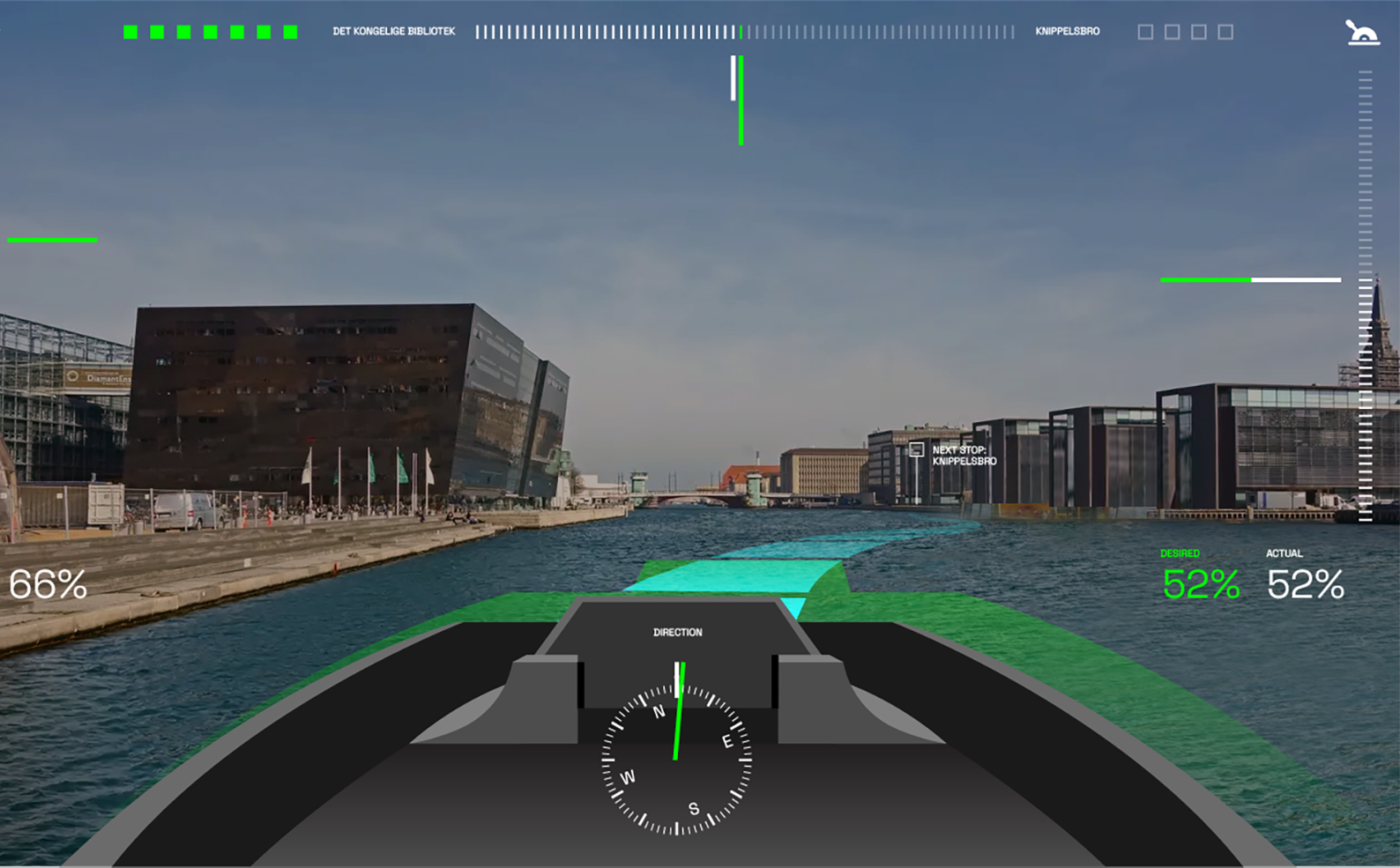Data system design refers to the process of creating a well-structured and efficient framework for managing and organizing data within an organization or system. It involves the development and implementation of appropriate strategies, methodologies, and architectures to ensure that data can be collected, stored, accessed, and analyzed effectively (definition from alooba)
For now, this is primarily the domain of people who already have a strong occupational link with the 'data side', like IT architects, and data scientists. That's great, but we also need some people in there from the 'human side', to make sure that these data system design fit in well with human needs, especially for people who do not have data literacy as one of their superpowers.
Successful cooperation between the binary thinkers of the data world, and analogue thinkers of the human world, can be challenging, but we strongly feel it is a necessity, and we have proven that's it is feasible. To go far, we must go together.










